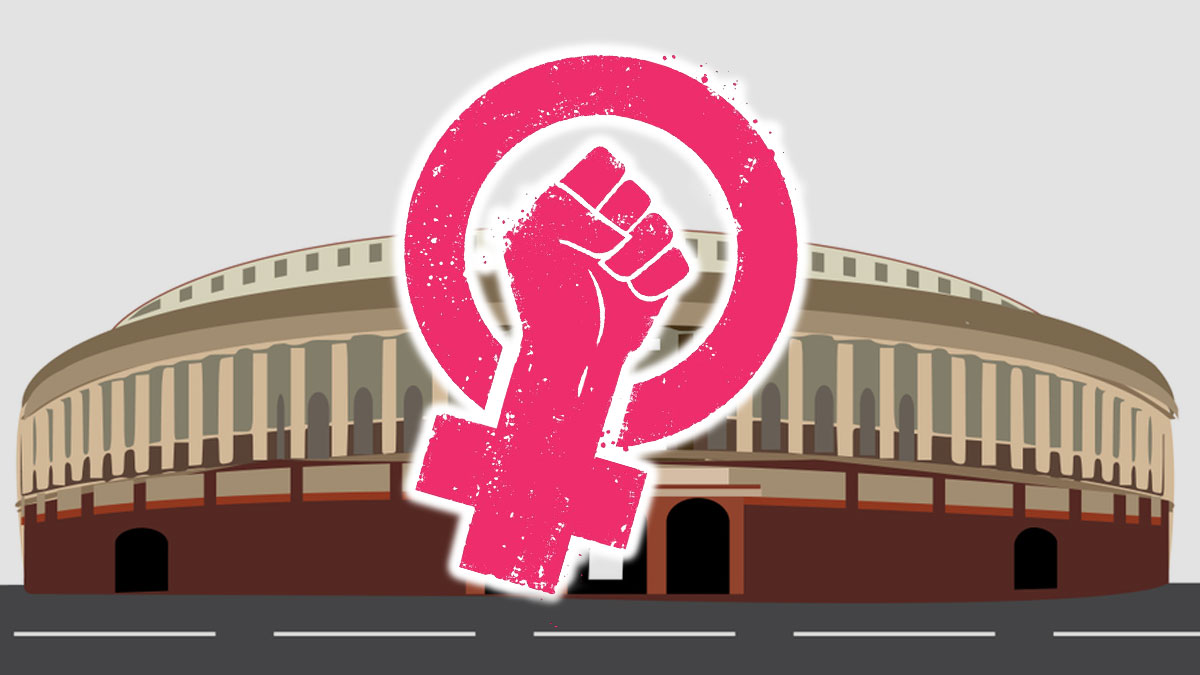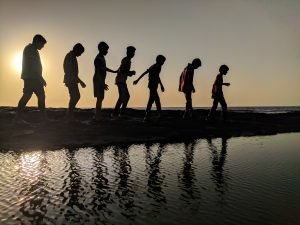Ever since it was tabled, the Women’s Reservation Bill has received a lot of press. People from all factions are speaking about it, debating it, and discussing its numerous implications. In these many conversations, there is one broad strand of agreement – the bill heralds significant opportunities for women to occupy positions of political power, and this is a welcome move.
With the Bill, India is following in the steps of many countries, from the Global South like Tanzania, Djibouti and Pakistan , that have reservations about women in politics. Across the board, the reservation has correlated with greater representation of women parliamentarians. It is this goal that India soon seeks to achieve as well, improving upon the roughly 13% of women representation among MPs today. By the Bill, one-third of all seats in the Lok Sabha, State Legislative Assemblies and the Legislative Assembly of the National Capital Territory of Delhi will be reserved for women for the next 15 years. However, the bill may only likely come into effect in 2029, a detail that has received significant opposition.
Even as the details of implementation continue to be ironed out, there is one key question that emerges – for a Bill that is rooted in the spirit of inclusion – what does it mean for women with disabilities? Much conversation regarding the Bill has surrounded the need to ensure representation even within the category of women. While public debate has largely been limited to caste-based reservations, it is equally important to recognise the voices of women with disabilities in this debate.
To have representation of women with disabilities in the highest echelons of politics would do wonders for the empowerment of PwDs across the country. The impact of representation and role modeling cannot be overemphasized – seeing lawmakers with disabilities will inspire generations of Indians to be active citizens, engage in local politics, and be the change they want to see. Furthermore, it will ensure that politics becomes intersectional, that policies recognise the identities of disability and gender, and that laws reflect the lived experiences of these communities. The world that these laws would create would surely be rooted in the principles of inclusion, representation, and accessibility.









